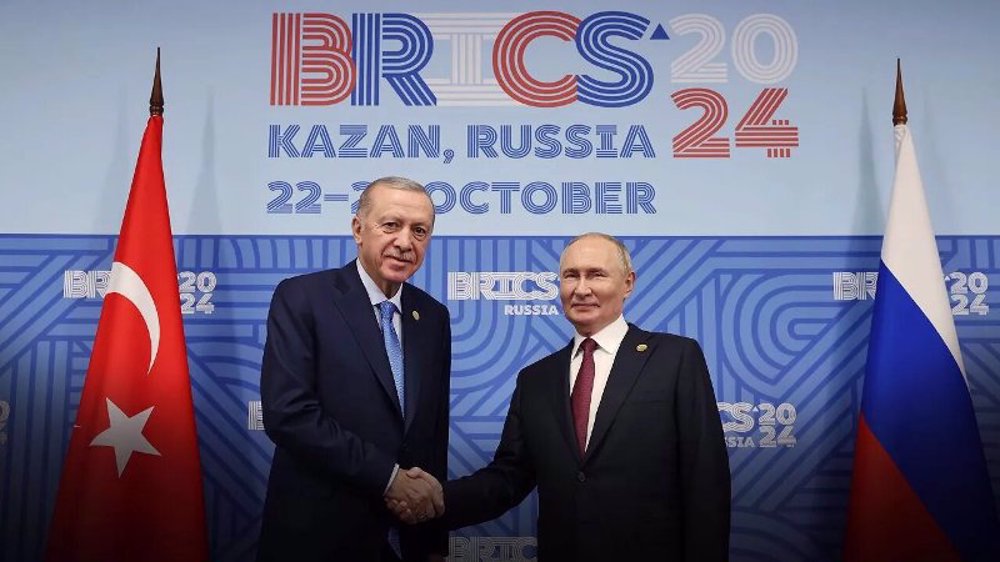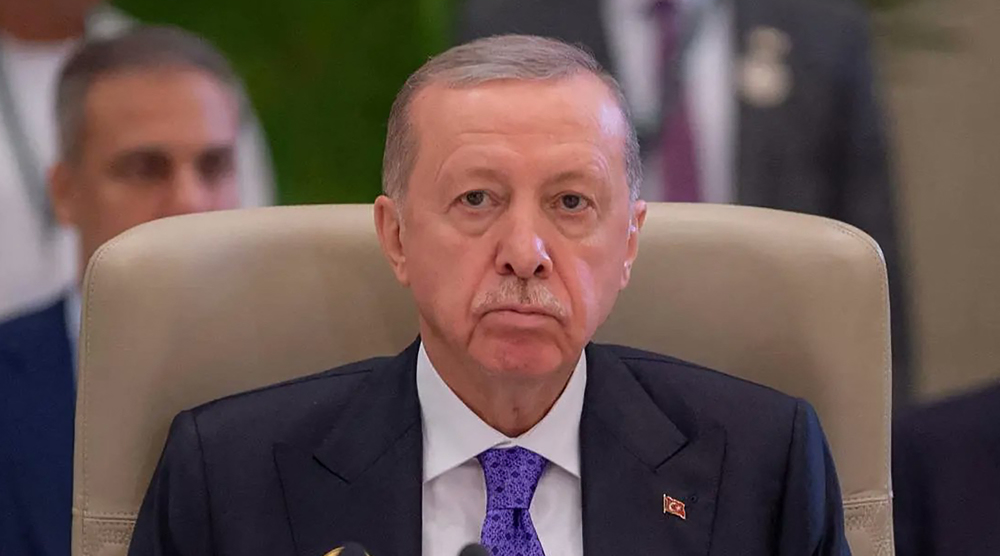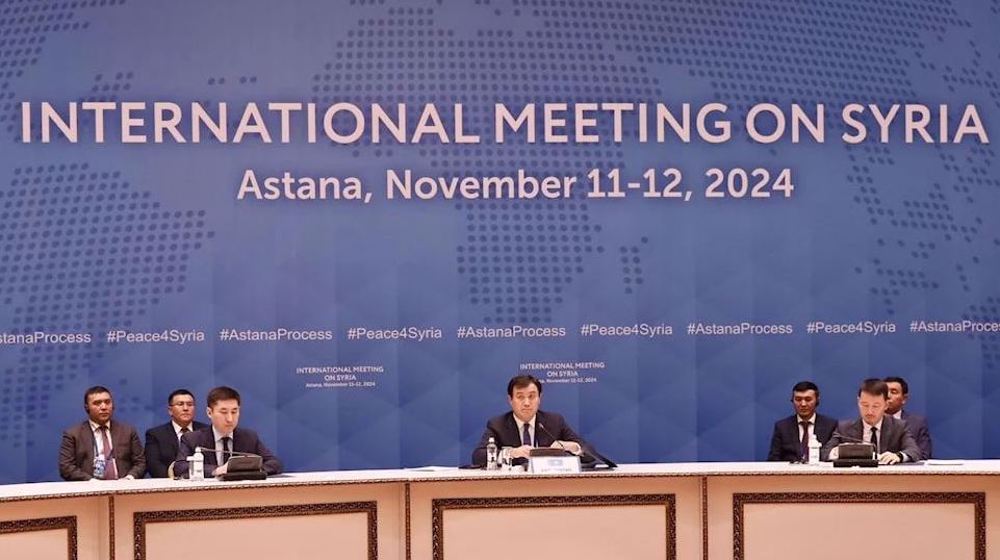Erdogan forced to cut off speech after breaking into tears
Turkish President Recep Tayyip Erdoğan has been forced to cut short a speech after bursting into tears while paying respects to his supporters who were killed in a failed coup attempt.
“We march in our funeral shrouds, and we will deal with these assassins, this cult, these followers of Fethullah,” said Erdoğan on Sunday at a funeral held for those who died in the recent coup.
The Turkish president was referring to a dissident movement run by Fethullah Gülen (seen below), who he has accused of plotting to overthrow him by building a network of supporters in the media, judiciary and, education, an allegation Gulen denies.

At this point, Erdogan broke down into tears and was forced to cancel the reset of his speech, but earlier he vowed to rid Turkish institutions of Gülen’s followers.
He also claimed that “Gülen group” had infected the armed forces, and vowed to “clean all state institutions of the virus.”
Gulen reportedly maintains significant support among some members of the Turkish military and mid-level bureaucrats. His movement, called Hizmet, includes think tanks, schools and various media enterprises.

Erdogan and Gulen were allies until police and prosecutors, seen as sympathetic to the latter, opened a corruption investigation into Erdogan’s inner circle in 2013.
The investigation led to the resignation of the ministers of economy, interior, and urbanization. Gulen is also viewed to be behind the leaks that led to the probe.
Erdogan also announced that Turkey is considering reinstating capital punishment following the coup attempt, noting that he will bring the subject up with opposition parties in parliament.
"In a democracy, you cannot ignore the demands of the people…We will not delay this decision for long. Because those who attempt a coup in this country must pay," he said.

Turkey stopped using capital punishment in 1984 and abolished the death penalty in 2004 to meet EU ascension requirements.
Ankara has launched an intensive crackdown on the judiciary and the military, with over 6,000 people reportedly arrested over the coup attempt.
"Now the clean-up operations are continuing. We have around 6,000 people detained. The number will increase above 6,000," said Justice Minister Bekir Bozdag.
The botched putsch began late on July 15, when a faction of the Turkish military blocked Istanbul’s iconic Bosphorus Bridge and strafed the headquarters of the Turkish intelligence agency and parliament in the capital.
Tanks, helicopters, and soldiers clashed with police and people on the streets of the two main cities.
According to a latest report by the Turkish Foreign Ministry, the death toll from Turkey’s failed military coup has risen to more than 290. Over 1,400 people have also been wounded.

Meanwhile, Athens has charged eight Turkish military personnel of illegal entry and violation of Greek airspace after they arrived there via chopper on Saturday after announcements of the coup’s failure.

The asylum seekers -- a captain, two majors, and five privates – all claim they had nothing to do with the coup and fled to Greece “when policemen started shooting against them.”
Turkey has called for the extradition of the group, Greece says it has to consider international laws before returning them, but has promised to return the helicopter they arrived in.
VIDEO | Beirut’s southern suburbs targeted in 'heavy' Israeli strikes
Haaretz: Over 10,000 Israelis have migrated to Canada this year
VIDEO | Press TV's news headlines
Official: Iran to respond ‘decisively’ to any threat to its nuclear program
Nearly 70 Mossad-linked terrorists killed or captured in southeast Iran
What collapse of German coalition government means
Iran, Syria emphasize need to stop Israeli atrocities in Gaza, Lebanon
Clinton whisked away amid pro-Palestine protest at Belfast university













 This makes it easy to access the Press TV website
This makes it easy to access the Press TV website